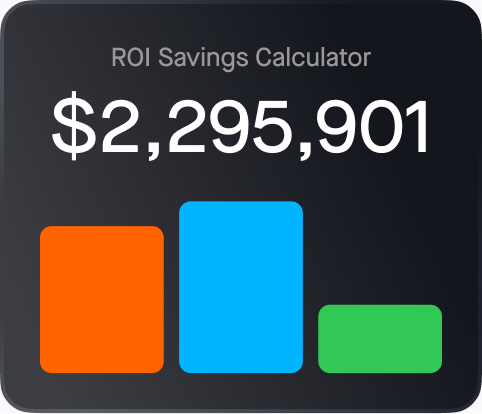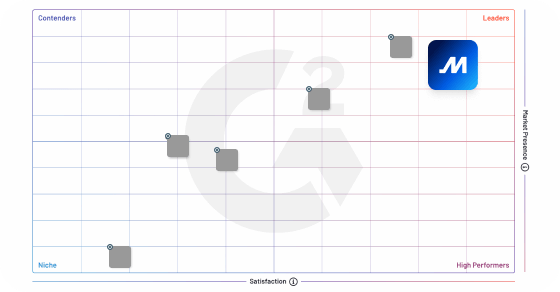The American Petroleum Institute (API) is a trade association established in 1919 to represent the oil and natural gas industry in the United States. It’s a leading organization that sets standards, conducts research, and advocates for policies that support the safe and responsible production, transportation, and use of petroleum and natural gas.
The API plays an important role in setting and maintaining industry standards for fuel quality, engine performance, and emissions. The API’s “Service Symbol Donut” is a familiar sight on the fuel pump at gas stations across the country, and it signifies that the fuel meets specific industry standards.
The API’s diesel fuel standard, known as API CK-4, sets performance requirements for diesel engines and includes specifications for engine oil categories, such as viscosity and durability. These standards are critical for the trucking industry, as they ensure that the vehicles are running on safe and reliable fuel that meets the needs of modern engines.
In addition to setting standards, the API also promotes the adoption of new technologies and practices that improve fuel efficiency and reduce emissions. For example, the API supports the development of alternative fuels, such as natural gas and propane, that can help reduce greenhouse gas emissions and dependence on petroleum-based products.
Frequently Asked Questions
What does American Petroleum Institute API do?
The American Petroleum Institute (API) is a trade association that represents the oil and gas industry in the United States. It sets standards for the development and production of petroleum products and promotes safety, environmental protection, and sustainability. The API also provides information and research on energy-related topics to government agencies, industry professionals, and the general public.
What is the API certification?
API certification refers to the certification program offered by the American Petroleum Institute (API) to ensure that products, equipment, and services offered by companies in the oil and gas industry meet certain standards and specifications. This program covers a wide range of areas including drilling, production, refinery, and pipeline operations. Companies that obtain API certification demonstrate their commitment to quality and safety in the industry.
Is API a regulatory agency?
No, the American Petroleum Institute (API) is not a regulatory agency. It is a trade association that represents the oil and natural gas industry in the United States. The API develops standards and best practices for the industry, conducts research, and advocates for policies favorable to its members. Regulatory agencies, on the other hand, are government entities responsible for creating and enforcing regulations in specific industries or sectors.



